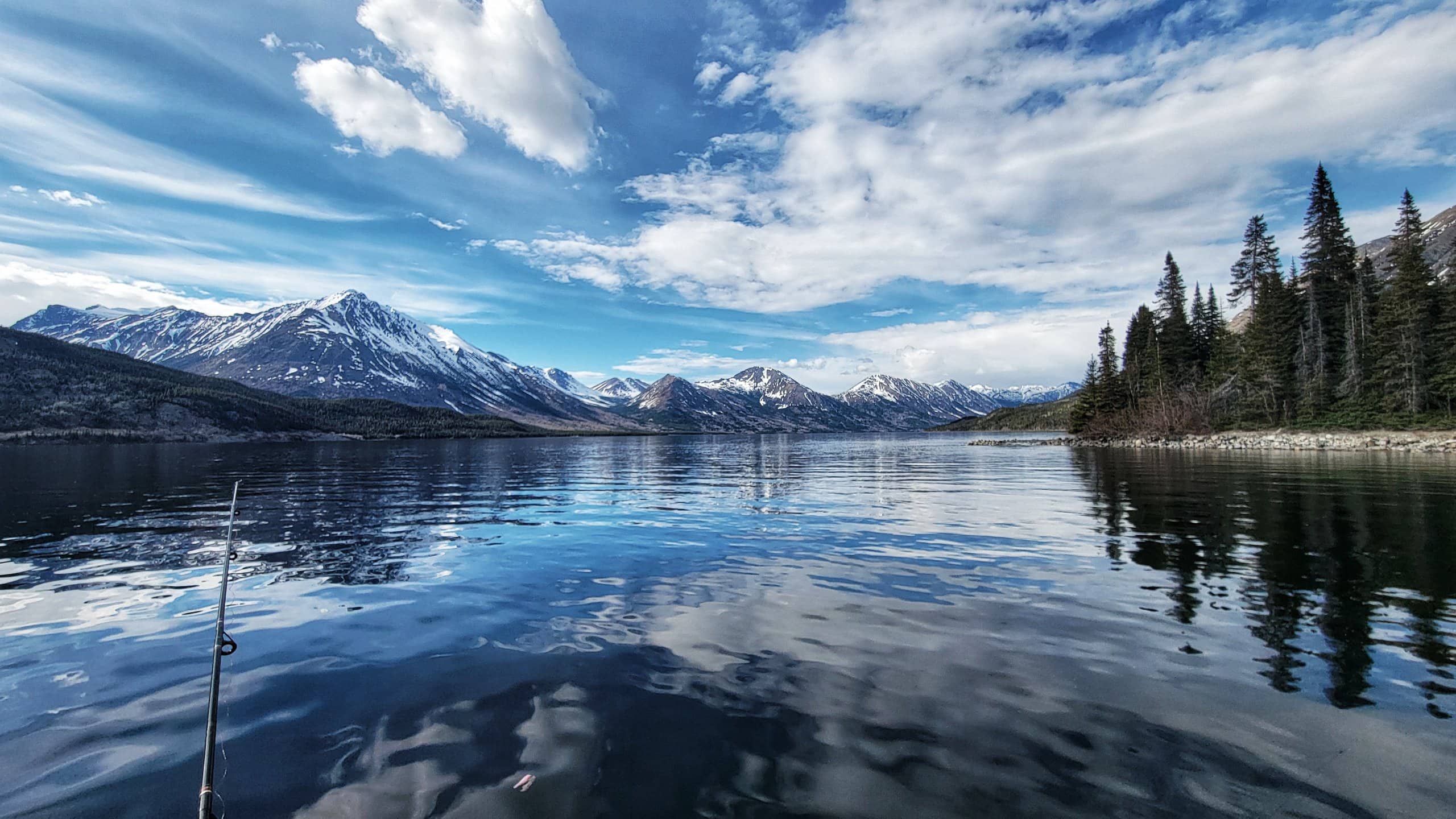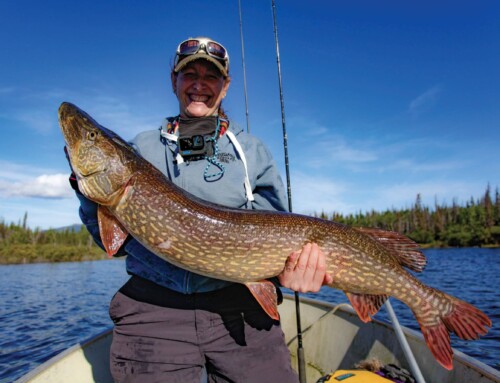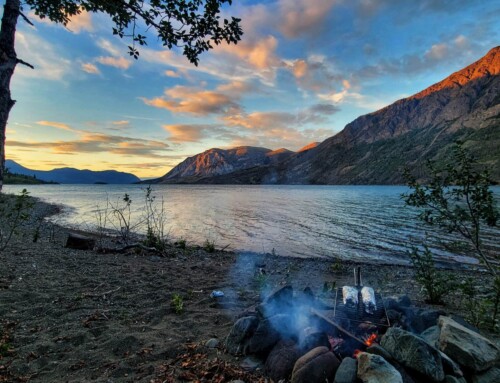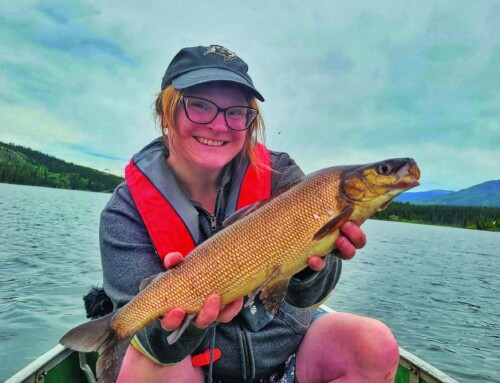By Andrew Cremata
In days past, men fixed their gaze on the natural world, attempting to unravel the mysteries of life. Points of light in the sky traveled predictable trajectories, but occasionally a heavenly body fell to earth in a conflagration of fire and terror. Mountains stood steadfast like sentinels of time until one occasionally exploded in a torrent of fire and molten rock. Seas ebbed and flowed in unison with the celestial sphere that dominated the night sky – a poetic dance until the shaking earth heralded oncoming waves capable of erasing everything and everyone in its path.
The ancients determined these forces were elemental in that they embodied the powers of nature in its totality. The notion of spirit was attributed to every sort of phenomenon. Eventually, spirits were granted identities, and pantheons of gods were born. Each was given a domain of rulership and praying to the right god could improve everything from fertility to luck. Some gods were the embodiment of love and others were quick to anger. Reflections of humanity, the gods were imbibed with dualities – love and hate, war and peace, trust and jealousy.
Life and death.
The many gods evolved into The Almighty God, a singularity sublimated into perfection until every negative or unwanted duality became a demon with one Devil to rule them all. The ages turned dark until the light of science and mathematics took center stage. From their parentage, technology bloomed, a herald for the secular age where faith in advancement produces more utility than any belief.
And here we are.
Yet, no matter the paradigm in which man decided to interpret the world, one truth remained constant – change is inevitable. In every age, some resisted change only to find they no longer had a place in the world.
The driving force of change is creation but every act of creation leaves a wake of destruction. New forms take shape only when old forms are shattered. The process is painful for most living things, especially humans who thrive on routine and reliability. If there’s any doubt concerning the veracity of this statement, consider the number of people who have meltdowns when setting their clocks an hour forward in the spring.
While tidal waves and volcanic eruptions are extreme examples, most change happens at speeds almost invisible to humans. Rome took centuries to fall. Twelve generations of men, most of whom were born, lived, died, and were forgotten before the Byzantine Empire finally ascended to power.
I’ve lived in Skagway for 28 years, barely the length of one of the aforementioned “generations.” While the sample is small, innumerable changes have occurred throughout those years. Not long ago, king salmon were a prized target for local anglers. A half dozen charter boat captains ran successful seasonal businesses guiding tourists to the fish. It was even possible to catch kings from shore.
Twenty years ago, the limit was four fish. Ten years ago it was two. Over the past six years, keeping one was illegal, which hardly matters since catching one is almost impossible.
In the Yukon, changes have been more subtle. For many years, it was easy to predict where fish would be during any given week from ice-out to winter’s onset. Warmer water and erratic weather patterns are changing fish behavior and the places where they traditionally feed.
As someone who often thrives on change, I was caught off guard by my frustration and sadness over the many changes in my personal fishing landscape. Even as I’ve branched out and found many new fishing holes of varying quality, I still find myself returning to my old spots, hopeful that past successes will cycle back into the present.
Around 5,000 years before the birth of Egypt, the Ice Age came to an end. Until 2017, snow and ice covered the tallest mountains between Skagway and Whitehorse. During that year, the warmest non-El Nino year ever recorded, heat waves entirely melted the snowpack on numerous mountains that feed freshwater lakes.
Creeks ran dry. Some flowed at a trickle but their shallow waters became warm. In turn, shallow lake shorelines warmed. These changes must have been tough on fish that fed and spawned in these places since men used carved bones and branches to catch them.
Fishing technology has also changed considerably since the age of spearheads made from antlers. Live sonar is all the rage in the multi-billion dollar fishing industry. This advanced sonar technology allows anglers to see fish underwater as they swim, approach baits, strike, and fight for their lives. Gone is the need for trial and error. Gone is the mystery. In its place is yet another screen to occupy the senses.
It’s never been a worse time to be a fish but I still relate far better to fish than any omnipotent god. The average lake trout and I have much in common, especially our ability to adapt. This kinship makes me feel nostalgic for animist cultures of the past that imbibed their world and its inhabitants with spirit.
Still, I’m more afraid of nostalgia than change. Nostalgia breeds cruelty in the same way religion begets violence. Both preach the regressive gospel of inherent imperfection and mourn the loss of some mythical golden age. The bloodiest wars ever fought were all attempts to turn the clock backward.
In the aftermath of death and destruction, one law remains – “there’s no going back.”
Perhaps all will cycle back around and man will again experience his infancy and gaze at the stars with wonder and curiosity.
As a young man, I learned about cycles. Annual cycles of flowers in bloom. Eleven-year solar cycles that climax when the sun hurls plasma far into space, creating wild auroras seen far in the south. Twenty-five-year generational cycles consisting of fathers and sons, mothers and daughters, infants and grandparents.
As an older man, I’ve grown to understand there are cycles on scales that defy any notion of reason. Hurtling spheres and quantum particles dividing and multiplying and spinning and orbiting on scales and velocities incomprehensible. Eons of time where stars die and are reborn. An infinite variety of forms mankind will never know existed.
Best to avoid the madness of The Great Sea. Instead, catch a fish and cook it for dinner. Enjoy the meal and drift off into a peaceful slumber.







Leave A Comment